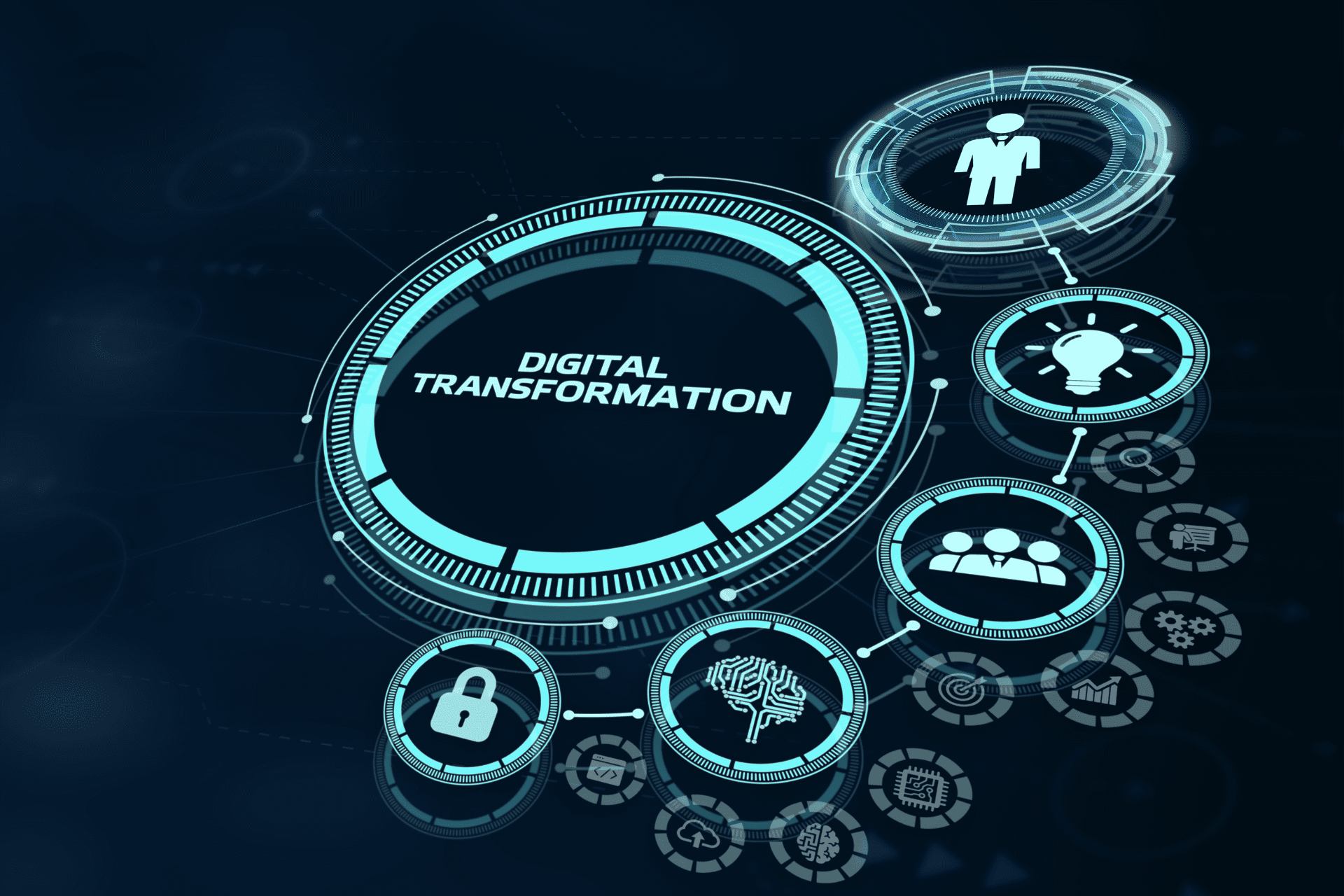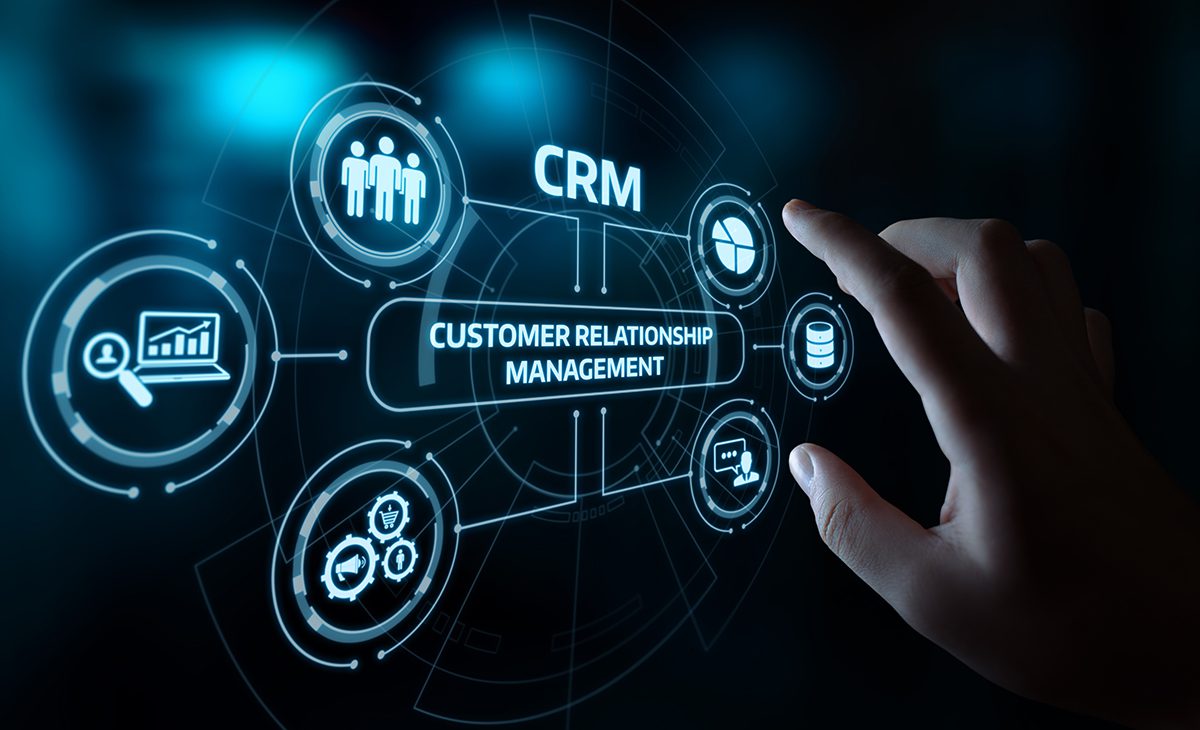Share
Read also

Trends & Views
Digital transformation strategies

Business Software
CRM 2025 market: Response to increasing customer demands

Business Software
Understanding the ERP lifecycle management

Mobility
How is EM shaping the way SMBs operate?
With a strong CRM system, businesses can provide excellent services to their customers, by taking advantage of available data to identify customer needs and interests, and analyze their buying behaviors, so as to develop products fully tailored to their specific business requirements.
Let’s look at how this can be done.
Big Data Analytics and CRM convergence
As businesses continue to generate a huge amount of marketing-related data, it becomes imperative to analyze this data immediately to effectively make appropriate decisions. Advances in technology and data science will enable CRM systems to collect and interpret vast amounts of data in real time, providing meaningful insights into elements such as the productivity of sales teams and the effectiveness of marketing campaigns.
CRM applications of the future will be fully analytics-based, allowing users to get the whole picture of their customer and a single, integrated view of all sales and marketing activities. Indeed, the contribution of Big Data analytics and CRM is a trend that will bring about a radical change in the way businesses use data.
The role of Artificial Intelligence (AI) in CRM
AI is transforming various business functions, and CRM is no exception. ChatGPT, Dall. E 2, Bard and many other AI chatbots are living proof of how far AI has come and predict how much it will evolve. Thanks to the radical development of machine learning (ML) and other AI-based examples, chatbots are evolving into intelligent systems.
Another area where AI holds great promise is predictive modeling. Companies can use sophisticated AI-enabled algorithms to forecast sales with high levels of accuracy. Similarly, businesses use predictive lead scoring techniques to rank prospective customers based on likelihood of purchase.
Internet of Things (IoT) and CRM
Another factor that will influence CRM in 2023 is IoT. Nowadays, data is everything, and IoT allows businesses to access billions of user data from a multitude of Internet-connected devices that impact consumers’ lives every day. With the global IoT market expected to reach $2.465 billion by 2029, at a compound annual growth rate of 26.4%, the value that IoT brings to consumers and businesses is unprecedented. From running targeted campaigns to delivering personalized customer experiences, IoT is truly changing the game when it comes to CRM integration. Today’s IoT devices can easily integrate with CRM data enabling businesses to gain insights into customer behaviors.






